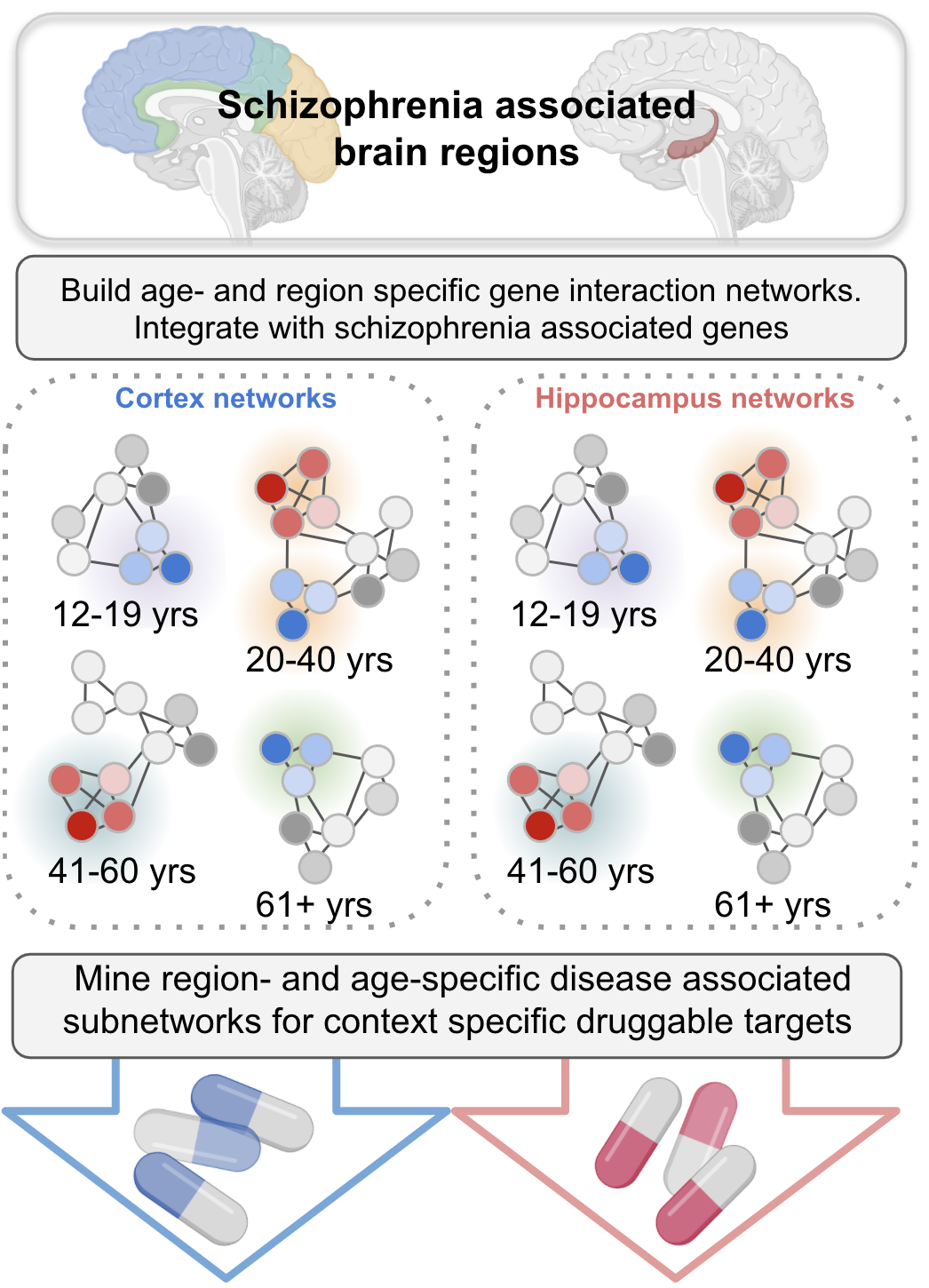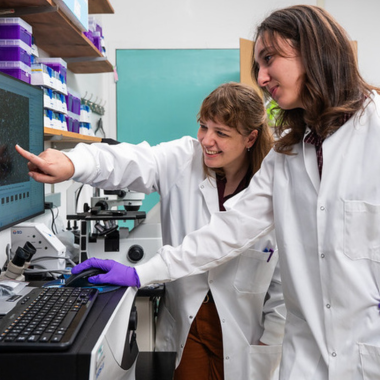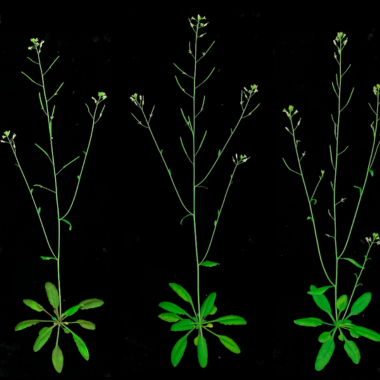Hickey receives Young Investigator Award
Stephanie Hickey, a TEAM-UP postdoc in MSU’s Department of Biochemistry and Molecular Biology (BMB) received a Brain and Behavior Research Foundation (BBRF) Young Investigator Award for her project “Predicting gene relationships across time and space to identify age- and brain-region-specific treatments for schizophrenia.”

Hickey is mentored by four BMB faculty members in the College of Natural Science - Associate Professor Amy Ralston, Assistant Professor Arjun Krishnan, Professor David Arnosti and Assistant Professor Jin He.
The two-year grant will run January 15, 2022 - January 14, 2024 and will fund $35K per year.
“This is a great opportunity for me to combine my expertise in neuroscience with the computational training I’m receiving in the lab,” said Hickey. “In the future I plan to test the hypotheses derived from this computational work at the bench.”
The brain is composed of hundreds of anatomical regions that develop through adolescence and change with age. Accordingly, multiple brain regions, including the cortex and hippocampus, show structural abnormalities in patients with schizophrenia, the age of onset affects the clinical characteristics of the disease, and symptoms of schizophrenia can change as patients age.
“Currently available medications used to treat schizophrenia are ineffective for around 30% of patients, and treatment resistance causes severe clinical and economic burdens to patients, their caregivers, and their communities,” said Hickey. “Given this and the clinical and genetic heterogeneity of schizophrenia, “one-size-fits-all” treatment with current antipsychotics is not sufficient for all patients, and a greater variety of treatment options is necessary.”

Hickey’s project will build networks of functionally related genes in the cortex and hippocampus at four relevant stages — adolescence, young, middle, and late adulthood — using machine learning models trained with thousands of publicly available RNA-seq datasets.
“To identify region- and stage-specific schizophrenia drug targets, I will combine the context-specific gene relationship information captured in these networks with genes previously identified to be disrupted in schizophrenia using network propagation,” said Hickey. “This method will allow schizophrenia-associated genes highly connected within a spatiotemporal-specific network to implicate new genes with schizophrenia via guilt-by-association.”
“We are so proud of Dr. Hickey for receiving this prestigious award”, said Ralston. “We are also very grateful to the Department of Biochemistry and Molecular Biology for enabling our team to recruit Dr. Hickey though the TEAM UP Award.”
The Brain & Behavior Research Foundation is committed to alleviating the suffering caused by mental illness by awarding grants that will lead to advances and breakthroughs in scientific research. They are the nation’s top non-governmental funder of mental health research grants.



